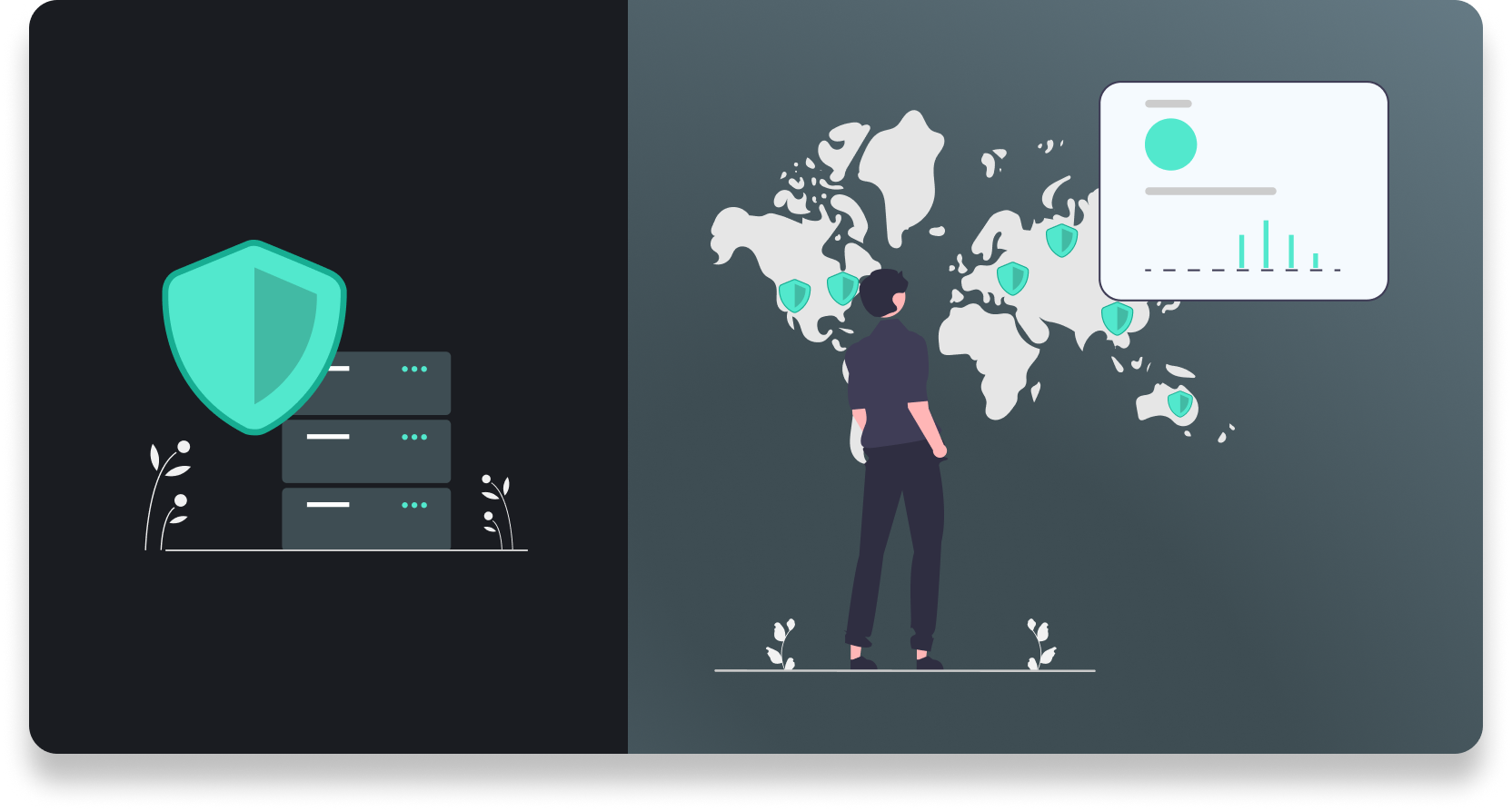How can Zero Knowledge Proofs help business?
Zero knowledge (also known as ZK) proofs are an important part of the cryptography field. They allow a prover to prove to a verifier that they know some secret without revealing any other information. They are a way for one party to prove something to another party, without revealing any information about the thing being proven.
This is done by proving that you have some secret knowledge, without disclosing the contents. In this way, you can prove that you know something without telling them what it is. For example, if I wanted to prove that I knew the answer to a math problem but didn't want to say what the answer was, then I could use a zero-knowledge proof to show that I know the answer without revealing it.
In this article, we will explore how zero knowledge proofs work, why they are so important for business, and how Weavechain is planning to enable ZK applications.
Origins
Zero knowledge proofs were first introduced in 1982 by Shafi Goldwasser, Silvio Micali, and Charles Rackoff in The Knowledge Complexity of Interactive Proof Systems. In the early stages of ZK proofs, there were concerns about the likelihood of falsifiable validators–when a bad actor would falsely show they can verify the truth. However, as ZK and cryptographic technology evolved, these concerns were addressed. Now, companies are focused on harnessing this technology to enable their businesses.
What are they and how do they work?
There are three main properties of Zero Knowledge Proofs:
Completeness: the proof system itself is able to prove all true statements
Soundness: the proof system is truthful - anything proved by it is true
Zero-knowledge: if the statement is true, the verifier will only learn whether the statement is true and nothing else
There are many applications and implementations of ZK. This includes:
zk-Rollups
Rollups enable scalability across Layer 1 platforms through bundling of transactions to verify validity of transactions
Use case: Polygon, a Layer 2 solution that enables scaling for Ethereum through rollups. Roll Ups reduce transaction fees and enable faster processing of transactions.
zk-SNARK (zero-knowledge succinct non-interactive argument on knowledge)
A SNARK generates a proof using elliptic curves, are often less computationally expensive
Use cases: Zcash, a privacy-focused cryptocurrency that supports private transactions through zk-SNARK based proofs.
zk-STARK (zero-knowledge scalable transparent argument of knowledge)
A STARK has faster proof times and is easier to scale than SNARKs because it requires low level of interaction between prover and verifier
Use cases: StarkWare is the primary user of zk-STARK, creating and helping applications achieve higher transaction throughput and scalability.
Why is ZK Technology important for my business?
While the most popular blockchains are decentralized and public, such as Bitcoin and Ethereum, they are not enterprise ready. To enable the use of ZK technology across businesses, we would need to create private blockchains and applications. In cases of collaborators within a closed system, we would need an enterprise model.
Let’s say as a business you want to share specific data without having to share all information. For example, if you only wanted to share characteristics of an item (size, price, quantity available) without sharing sensitive and key metrics to its competitors, such as profit margin or item source. You want to verify that the item is made and built correctly without revealing other information. If both parties agree on the ZK proof checking this data, you can verify key information without revealing it to other parties.
In addition, there are a multitude of projects within web3 trying to solve the credentialing issue. Imagine as a business, you could have one identity that enabled you to trade and exchange goods, ideas, and value across platforms without needing multiple identities. Essentially, you only need one login to access all the programs and applications you need. Your digital signature is the passport to all things in Web3–this is done through the power of ZK Proofs. You can login to any platform without revealing your credentials.
From digital identity to data privacy controls, ZK technology can help your business gain control of your data and information that you share across applications.
How can Weavechain help?
Weavechain aims to become a provider of ZK services for data in the near future. The main feature would be an API for ZK proofs on data which users connect to Weavechain for secure storage and easy sharing. You can build powerful applications that leverage the power of ZK technology without having to understand or learn the complexities behind it.
For example, a user can request a prover to verify that they have a certain piece of data as the result of a query. Person A can request Person B to prove that it knows the computational hash data (i.e. the result of a hash function that is hard to invert) through ZK proofs.
Let’s use a real world example. If I have a dataset of Insurance price data and you have Healthcare cost data, but we actually don’t know that we have this data set (there is no way to prove that we do), we can create a ZK proof of this dataset and share it with each other. This way, I don’t have to share my data with you and only have to share the hash of the dataset. You can use this hash to figure out more information about the data set and I don’t have to share my actual data with you. It’s a win-win for privacy since we both don’t have to share our data.
For use cases where sensitive data is being used, ZK proofs should be easy to implement. Weavechain is the connection between your dataset and ZK technology.
To learn more about how Weavechain can help your organization:
Drop us a line at hello@weavechain.com
Subscribe to our newsletter

